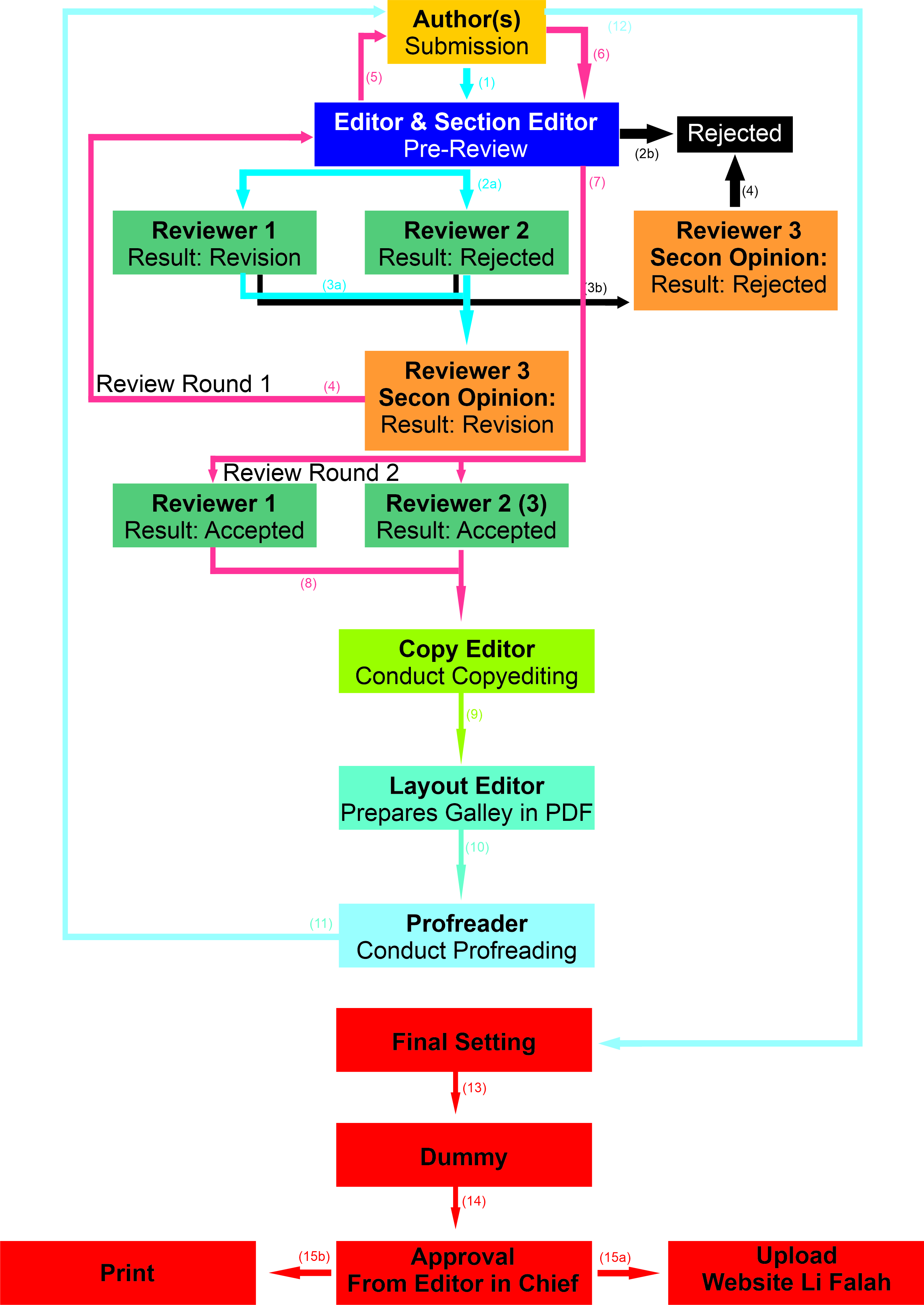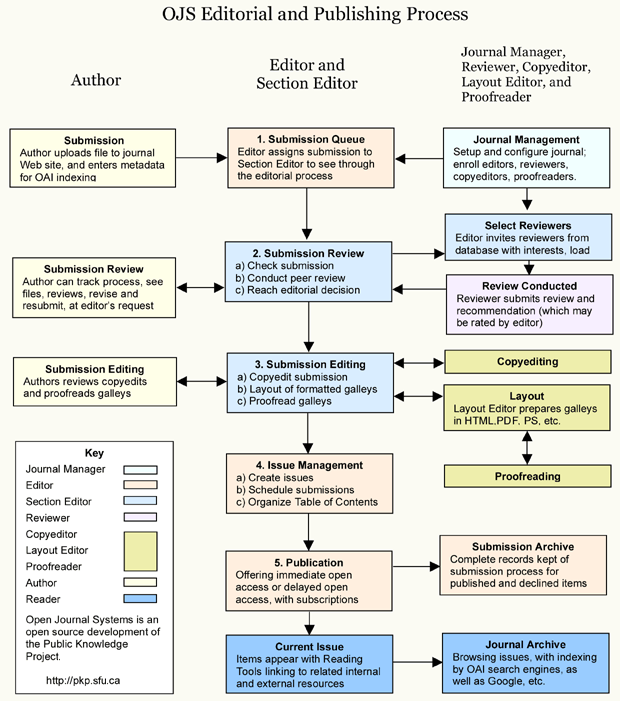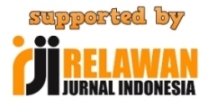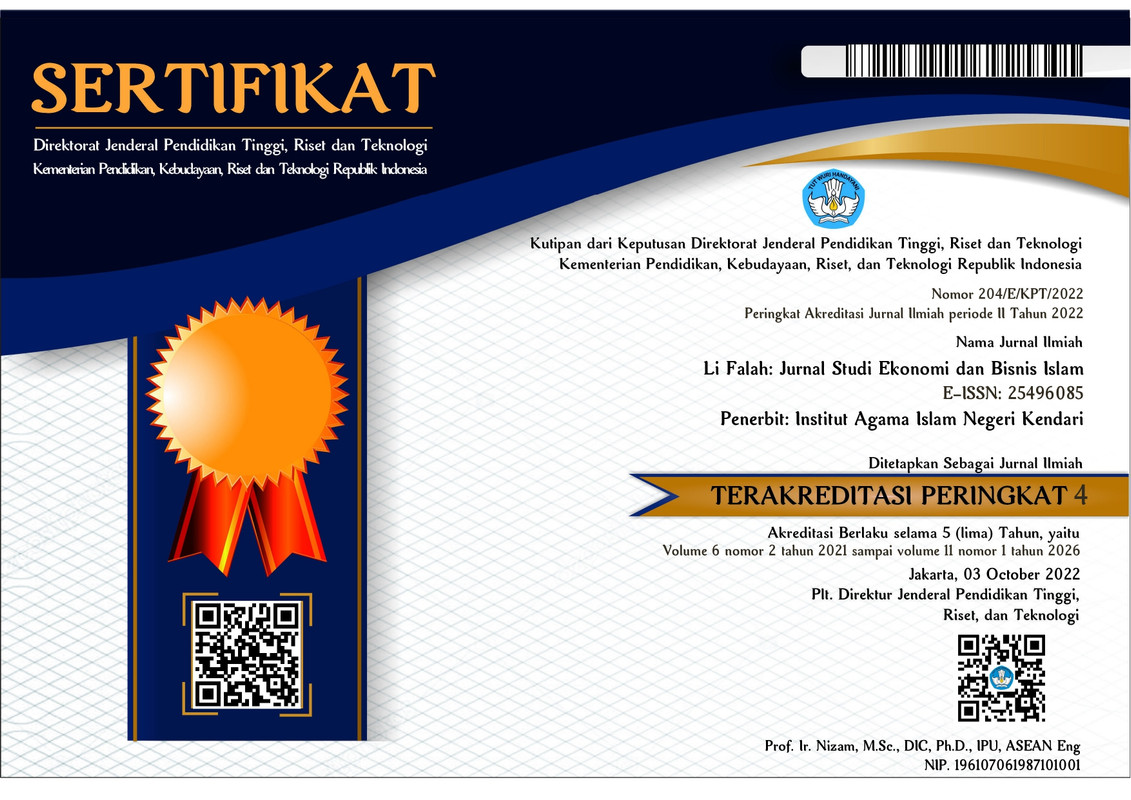- Focus and Scope
- Section Policies
- Peer Review Process
- Publication Frequency
- Open Access Policy
- Archiving
- Publication Fee
- SOP Manuscript
- About this Publishing System
Focus and Scope
An objective of the Li Falah: Jurnal Studi Ekonomi dan Bisnis Islam is to promote the wide dissemination of the results of systematic scholarly inquiries into the broad field of Islamic economics and business research.
The Li Falah is intended to be the journal for publishing articles reporting the results of Islamic and business research. The Li Falah invites manuscripts in the areas:
- Islamic Economics
- Islamic Philanthropy,
- Islamic Management,
- Islamic Finance,
- Islamic Marketing,
- Strategic Management,
- Operation Management,
- Islamic Human Resource,
- Islamic E-business,
- Islamic Accounting,
- Management Control System,
- Management Information System,
- International Business,
- Business Ethics and Sustainable, and
- Entrepreneurship.
The Li Falah accepts articles in any Islamic Economics and business-related subjects and any research methodology that meet the standards established for publication in the journal. The primary, but not exclusive, audiences are academicians, graduate students, practitioners, and others interested in business research.
The primary criterion for publication in Li Falah is the significance of the contribution an article makes to the literature in Islamic economics and business area, i.e., the significance of the contribution and on the rigor of analysis and presentation of the paper. The acceptance decision is made based upon an independent review process that provides critically constructive and prompt evaluations of submitted manuscripts.
Section Policies
Articles
Peer Review Process
PEER REVIEW PROCESS and EDITORIAL DECISION
All submitted manuscripts are read by the editorial staff. Those manuscripts evaluated by editors to be inappropriate to journal criteria are rejected promptly without external review. Manuscripts evaluated to be of potential interest to our readership are sent to double-blind reviewers. The editors then make a decision based on the reviewer’s recommendation from among several possibilities: rejected, require major revision, need minor revision, or accepted.
The Editor-in-Chief of Li Falah: Jurnal Studi Ekonomi dan Bisnis Islam has the right to decide which manuscripts submitted to the journal should be published.
Review Process:
1. Author submit the manuscript
2. Editor Evaluation [some manuscripts are rejected or returned before the review process]
3. Double-blind peer review process
4. Editor Decision
5. Confirmation to the authors
Publication Frequency
Li Falah's journal is published twice a year, every June and December.
Publication of June Edition
Acceptance Articles: beginning of January through the second week of May.
Editor's review: Second week to end of May
Bestari Partner Review: beginning of June until Second Sunday of June
Editing, Publishing and OJS: Second Sunday to fourth June.
Publication of December Edition
Admission Articles: early July to second week of October
Editor's Review: Second week to end of October
Bestari Partners Review: from November to Second Week of November.
Editing, Publishing and OJS: Second Week November to early December
Open Access Policy
This journal provides immediate open access to its content on the principle that making research freely available to the public supports a greater global exchange of knowledge.
Archiving
This journal utilizes the LOCKSS system to create a distributed archiving system among participating libraries and permits those libraries to create permanent archives of the journal for purposes of preservation and restoration. More...
Publication Fee
Li Falah, Jurnal Studi Ekonomi dan Bisnis Islam does not charge APCs, submission charges, or another fee. All processes of article publication are free of charge.
SOP Manuscript

About this Publishing System
This journal uses Open Journal Systems 2.4.8.0, which is open source journal management and publishing software developed, supported, and freely distributed by the Public Knowledge Project under the GNU General Public License.




















